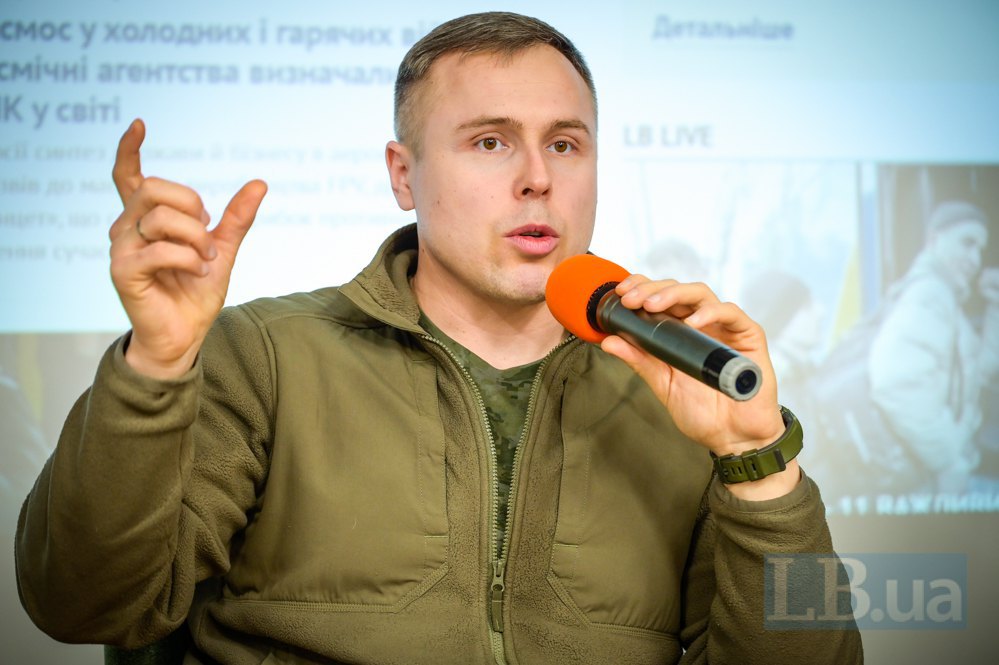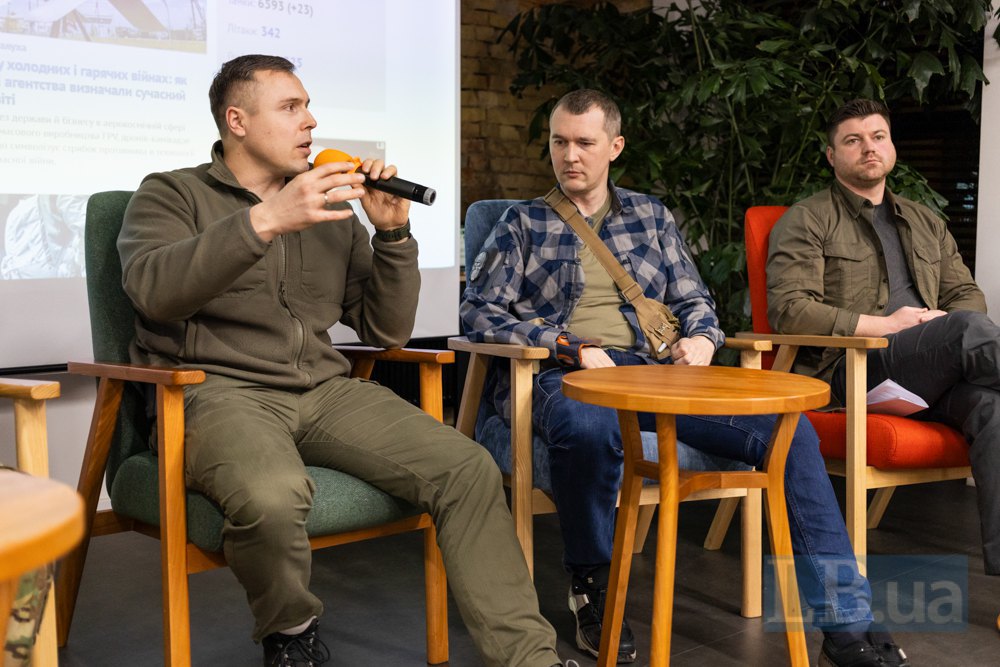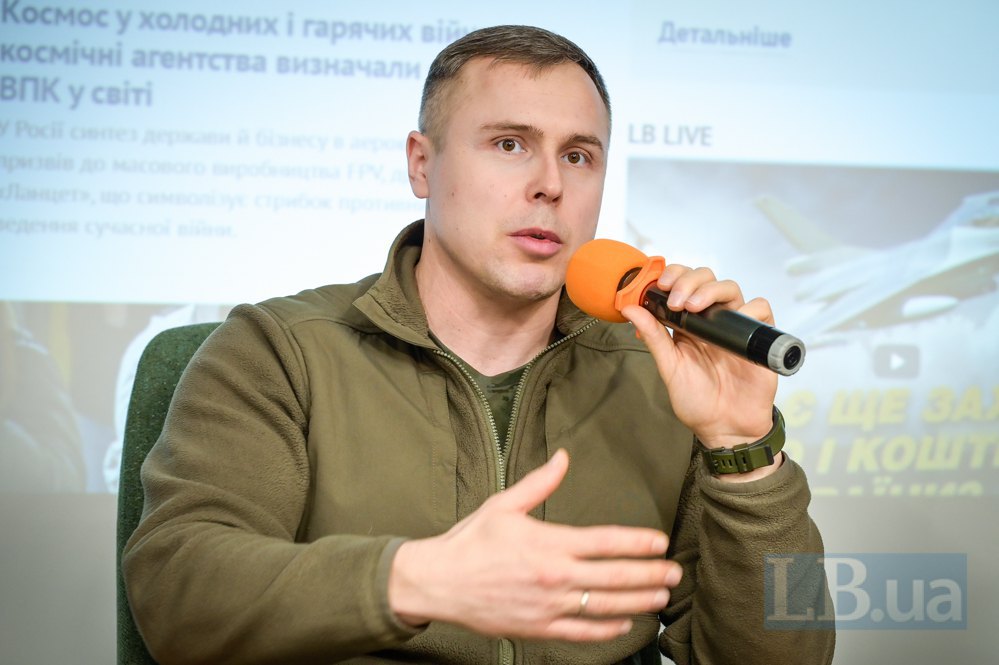
"If we have an invisible veteran policy, when a person does not understand what will happen if he or she is injured or disabled, this will affect what we are currently deciding at the state level – how to motivate people to go and defend the country? We cannot forget about veteran policy and talk about mobilisation. We can't talk about mobilisation without remembering how our soldiers are serving now. This is where a new social contract should be built," says Kostenko.
According to him, this social contract should apply both to existing veterans and people who are currently enlisted in the army, it should also work for those who are being drafted today.
"What do I mean by that? When we say that we have to motivate soldiers, it must be a fact. I am firmly convinced that the way we are going – by mobilising people caught, pardon me, caught in the streets and sent to the army – it will be quite difficult to win this asymmetric war that uses modern technology. It requires special people with special skills and special abilities. Having some experience, I see that such people exist in all age groups, but most of them are between the ages of 18 and 27, whom we do not conscript.
I'm not saying that we should grab them and throw them into buses and send them to war. But we need to create a policy where these people themselves want to join the army and perform the necessary tasks. To do this, society must motivate them," the MP believes.
The social contract proposed by Kostenko looks like this: everyone works for those who are at war.
"My idea is simple. There are 40 million of us, and one million are fighting. At the level of enlistment, at the level of support during service and at the level of veteran policy, we must now lay down a vision and push forward the message that these 40 million should take care of this one million at all stages of their stay in defence of the state.
We can choose different formats for this. Perhaps unpopular ones, such as raising the military tax or something else for people to pay specifically for the fact that this million fought for them, so that if something happens to a person, they will have benefits, and if they get injured, people will support them for the rest of their lives.
I'm not afraid of these words and I say that we have no choice: if we don't build this social contract between the defenders and those who are not directly involved [in the war], there will be a conflict between these categories. That's why we have to work on it," the ATO veteran insists.

In addition, says Kostenko, veterans' policy should cover their reintegration into society.
"The military, when they return, will be a separate caste that needs to be communicated with and will have its own needs. In my opinion, we, as a society, should take care of our veterans, but not emphasise that after the war they are a veteran and no one else. It's important not to create a caste of people who don't have to do anything – everything is given to you because you are a veteran.
We have to help, we have to do everything we can to ensure that these people are socialised and go on with their lives. This should be the basis of veterans' policy, because I know many veterans who make veteranism their profession after the war, even when they are able to do other things," said the MP. If this is not done, there will be a gap in society, he added.

"I'm coming back to the draft law on mobilisation. We have considered almost all issues, 16 blocks. The only thing where we did not agree in the committee was the issue of demobilisation. The state has not yet decided how it will be carried out. Of course, as MPs, we say that these people should be released after 36 months because they are exhausted, most of them are directly involved in hostilities. And even those who are not, there is another stage of exhaustion – separation from their families. Not all of the people there are military, who have been preparing to fight all their lives.
And this category also needs to be motivated, prepared and worked with now. And this is a large number. If a decision is made, more than 200,000 people (I won't say the exact number) will come at once, and we will need to talk to them. And we have to make sure that they return into society and mix with people, otherwise they will scare people. We will have a gap between veterans and people who did not fight," the MP concluded.








